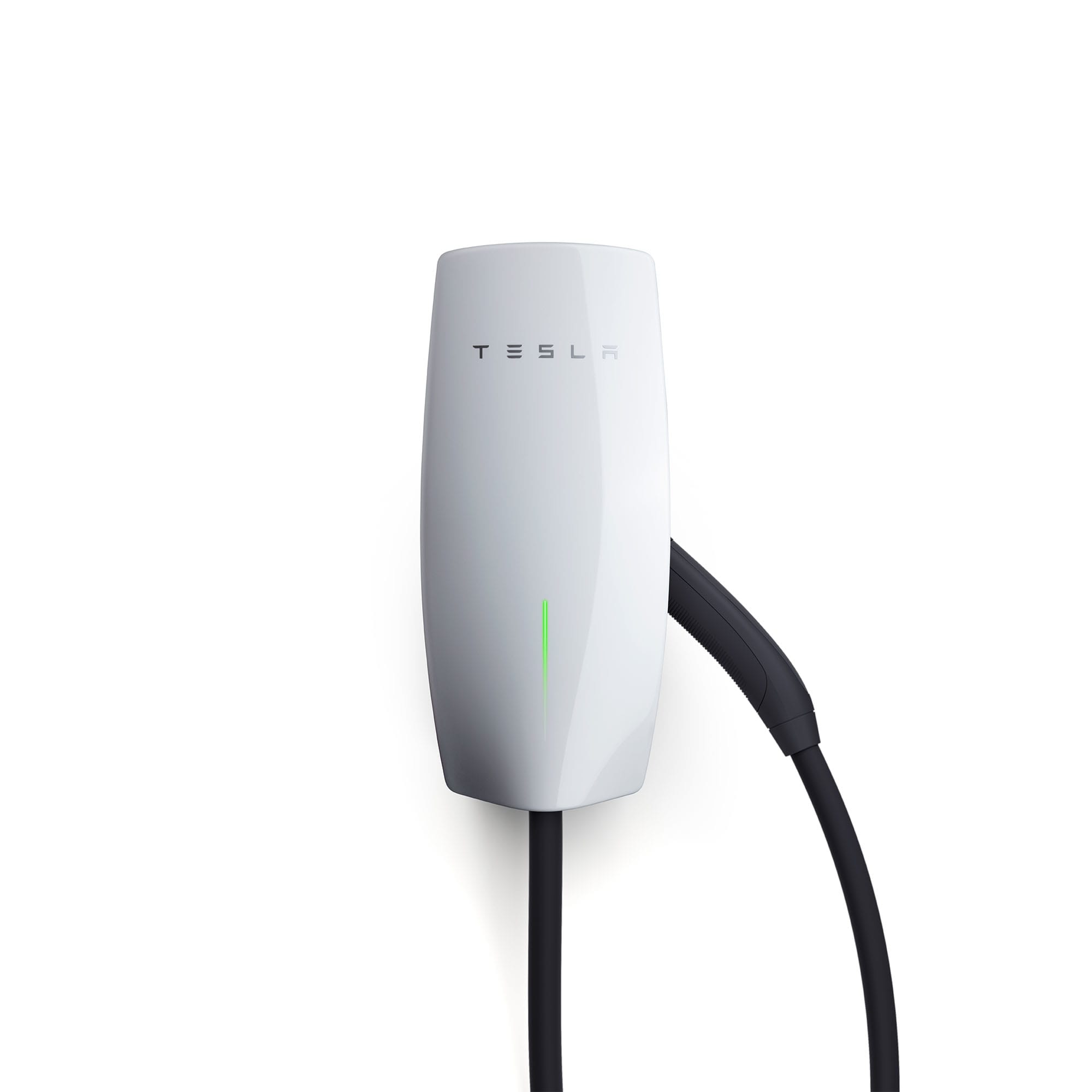Hey everyone. Only a Tesla owner for about a month now and I love it. However, I’m still learning about the car and charging habits. With that said, here are my questions.
1. I drive about 150 “range miles” a day in my commute. In a P90d that leaves me needing to charge almost every day. Currently I have a slower level 2 (18mph) charger at work and several supercharger stations. I have been using SCs nearly daily or every other day since I bought the car since they’re so fast. Is this really bad? I’ve got 2 years worth of warranty left but I still don’t want to destroy the car.
2. Since Tesla has reduced the actual range of the car from when it was first released I can’t seem to figure out what actual range should be and at what point am I having issues. Currently the car charges to 237 at 100% (I’ve only done this a couple times for longer trips). Is this good?
3. If I added a fast charge solution at home and charged every night, what effect would that have on my electric bill?
Y’all are the best. Thanks for answering noob questions.
1. I drive about 150 “range miles” a day in my commute. In a P90d that leaves me needing to charge almost every day. Currently I have a slower level 2 (18mph) charger at work and several supercharger stations. I have been using SCs nearly daily or every other day since I bought the car since they’re so fast. Is this really bad? I’ve got 2 years worth of warranty left but I still don’t want to destroy the car.
2. Since Tesla has reduced the actual range of the car from when it was first released I can’t seem to figure out what actual range should be and at what point am I having issues. Currently the car charges to 237 at 100% (I’ve only done this a couple times for longer trips). Is this good?
3. If I added a fast charge solution at home and charged every night, what effect would that have on my electric bill?
Y’all are the best. Thanks for answering noob questions.




